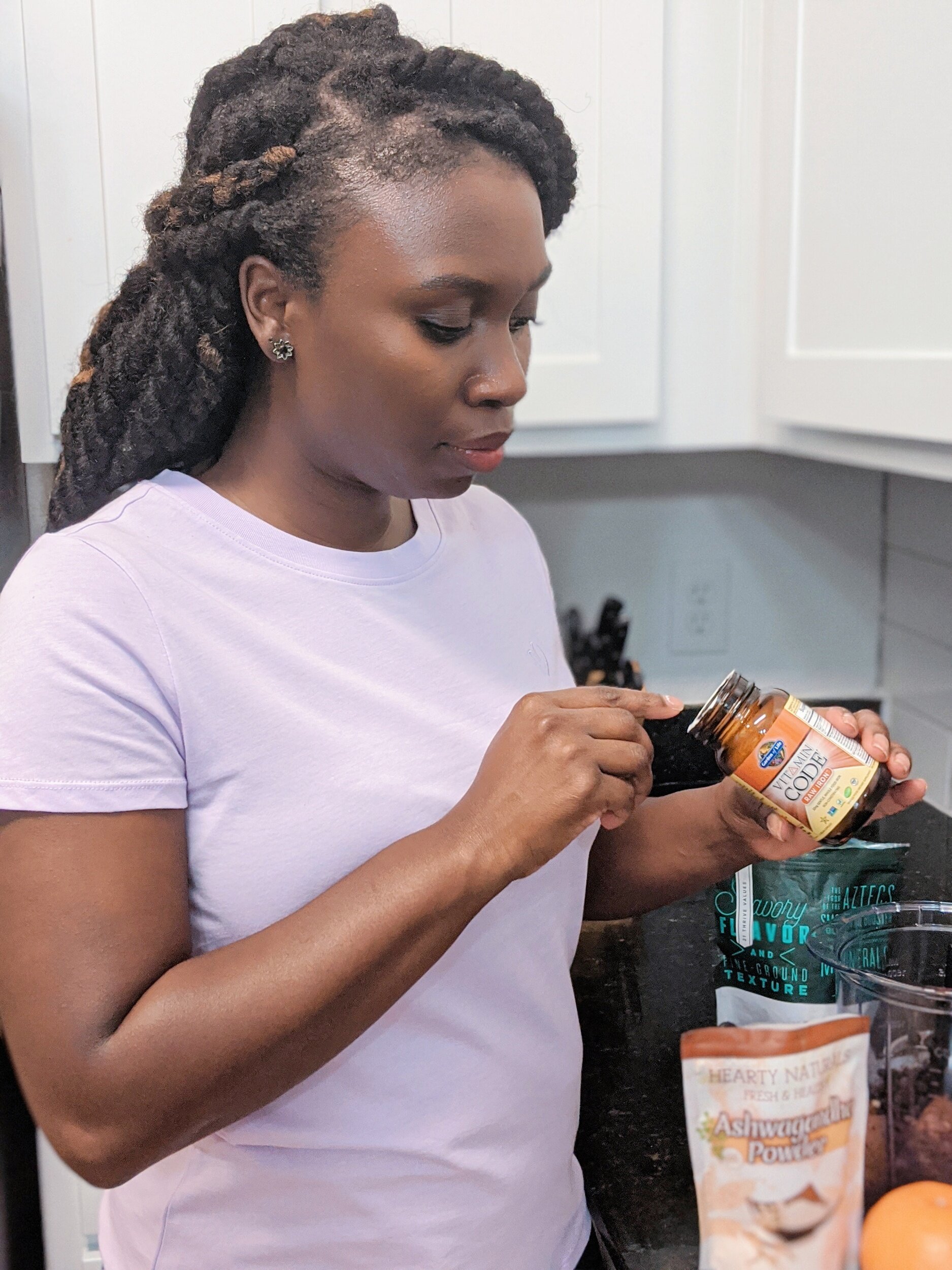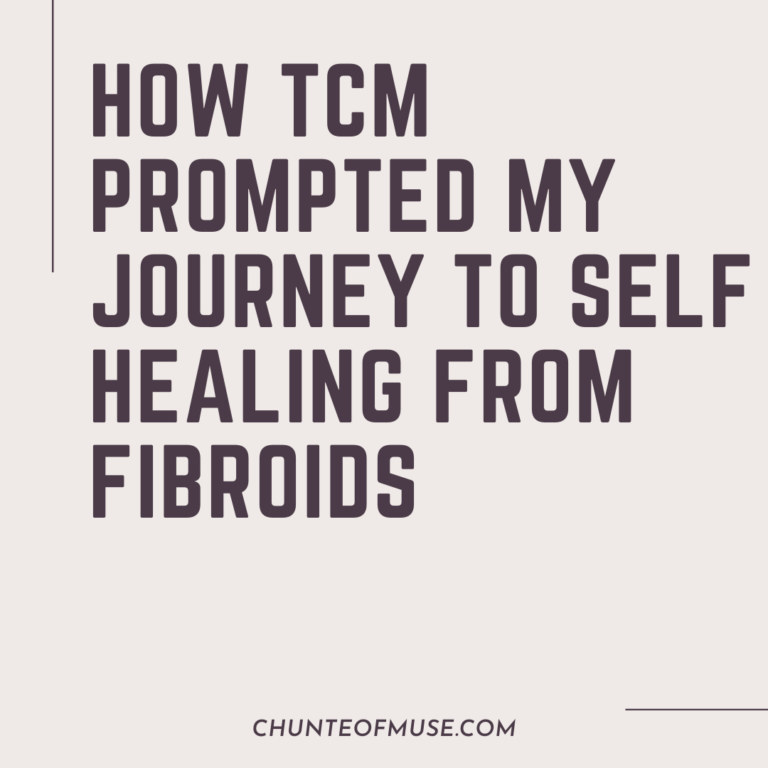You’ve been diagnosed with fibroids. Now what?
When I was first received my fibroid diagnosis, I remember thinking, “What the heck is a fibroid?” I was oblivious to what the diagnosis meant and what to do next.
Uterine fibroids are non-cancerous tumors that grow in and around the uterus. And while they’re generally referred to as benign, the experience for most women feels anything but harmless.
A uterine fibroid diagnosis can provoke a mixed bag of thoughts and emotions. And although fibroids are getting more attention, there are still many questions.
Usually, after a diagnosis, many women leave their doctor’s office feeling ill-equipped and even ill-informed despite the best efforts of good doctors. This may be because many doctors still don’t understand the root cause of fibroids and tend to focus solely on medical treatment.
Wrapping your head around the diagnosis and potential treatment can be anxiety-inducing and complicated for many women. That’s why I’m sharing a few tips to help you get through an initial diagnosis to put you on the path to your best course of action.
Take a deep breath.
A fibroid diagnosis does not usually require immediate, emergent attention for most women. So, unless you’re in the emergency room, you will likely have time to research and think about how you want to proceed.
Seek out support.
From close friends to online community support, don’t underestimate the power of finding a community. They will be times when you need advice, handholding, and even accountability. So seek out people that will provide that for you.
Do your research.
Explore all the potential routes to healing and the consequences. Unfortunately, it’s probably not enough to depend solely on your doctor’s recommendations. Conversations around fibroids are relatively new, and there are many different perspectives on the best way to deal with them. Be as informed as possible.
Prepare for your next appointment.
Now that you’ve had time to process the diagnosis and research, follow up. Compile a list of questions for your doctor. Even ask a friend or family member to go with you to your next appointment well in advance.
Follow through.
Prolonging or avoiding treatment will likely only make your situation worse. Instead, create a plan of action and follow through with it. Your body is too precious to neglect.
If you know someone who has been recently diagnosed, please share this post with them. And if you found these tips helpful, please let me know in the comments.







